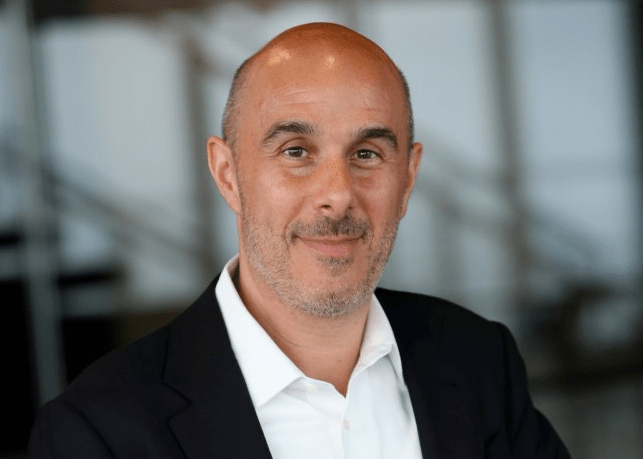In 1913, a tiny American state made a calculated bet that would reshape the global economy.
When New Jersey suddenly came down hard on business, neighbouring Delaware decided to rewrite its rulebook to scoop up companies fleeing the state. It created a simple registration system, stripped away corporate bureaucracy, and invited the nation’s companies to call it home. Hoping to attract steam engines and gunpowder manufacturers, Delaware’s leaders could scarcely have imagined that, a century later, the ‘Delaware Inc’ model would serve as the foundation for smartphones, search engines and electric cars. In other words, it would become the corporate vehicle that underpinned the world’s most valuable and transformative businesses.
Europe needs its own Delaware. While the continent has shown itself more than capable of producing extraordinary entrepreneurs and breakout global companies like Adyen, Spotify and Revolut, its founders must still overcome huge barriers to scaling compared with the U.S. The numbers tell a sobering story, as MIT’s principal research scientist Andrew McAfee has pointed out. Publicly traded companies started from scratch in Europe in the past 50 years are collectively valued at around $420 billion, while their U.S. counterparts approach $30 trillion – almost 70 times as much. All six U.S. companies with a market cap over $1 trillion have been set up in the past half century; not a single EU equivalent has.
This chasm exposes the fragmentation that’s holding back European innovation. A startup with a Delaware Inc. can raise capital and expand from coast to coast across the US without breaking its stride. Investors know the structure. Deals and hiring happen fast, and the company’s momentum compounds. Meanwhile, a founder scaling across Europe must incorporate separate entities in each country, untangle regulatory and employment codes in multiple languages and markets, and explain to engineers in Munich why their stock options are treated differently to their colleagues’ in Madrid.
The European single market doesn’t extend to startups
The reality is that when it comes to startups, there is no European single market, only 27 different countries. The consequences are stark: stifled momentum, unrealized potential, and an artificial limit on startups’ chances of success. A year ago, Mario Draghi, former Italian Prime Minister and President of the European Central Bank, published a landmark report that sounded the alarm on EU competitiveness and called for an additional €800 billion per year in investment. Draghi noted that Europe captures just 5% of global venture capital funds, while the US commands 52%. This means VC investment in the EU is just 0.05% of GDP, nearly six times lower than in the US at 0.32%. More than 60% of European companies cite regulation as an obstacle to investment, and most see it as their biggest challenge overall.
This is a crisis for Europe unfolding in real time. The continent that invented and spun out the internet from its first-class research institutions now risks standing by as US founders scale with ease.
But there’s a way forward and close the gap. Momentum is building behind the idea of ‘EU–INC’ – not a carbon copy of the Delaware model, but a fresh, pan-European corporate entity that will set a new global standard for business formation. If EU Inc is realized, it will allow founders to launch, raise capital, hire and grow seamlessly across Europe. A founder in Stockholm could incorporate in minutes, access standardized investment documents recognized from Berlin to Barcelona, implement EU-wide employee stock options, and scale across 450 million consumers.
The grassroots movement behind EU–INC has garnered over 18,000 signatories and support from Europe’s most successful entrepreneurs and investors, including leaders from Mistral, DeepMind, Stripe, Supercell, Index Ventures and Y Combinator. The major EU decisionmaking institutions have expressed approval, and EU Commission President Ursula von der Leyen has committed to reform.
The bad news is that there are already murmurs in Brussels about piecemeal, incremental measures – harmonizing certain national laws, creating yet another framework for EU member states to fuss over and interpret. This is folly. The problem of fragmentation must be fixed at the heart of Europe. Half measures will not solve founders’ problems, nor will they create the competitive advantage that Europe so desperately needs.
Delaware’s 1913 gamble helped spark a century of American dynamism. Creating an EU–INC could make Europe the undisputed seedbed of innovation – the best place in the world to found, fund and scale a company. Europe doesn’t need another directive or committee. It needs its Delaware, and it needs it now.
More information is available at eu-inc.org.
The opinions expressed in Fortune.com commentary pieces are solely the views of their authors and do not necessarily reflect the opinions and beliefs of Fortune.












